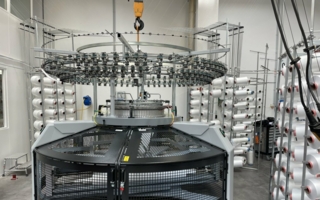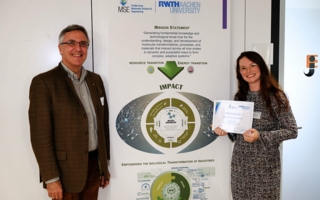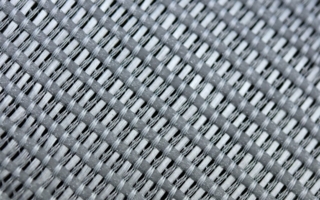18/12/2019 – Demand-based and sustainable production — auf Deutsch lesen
Lectra at Munich Fabric Start
Lectra presents innovative solutions for sustainability, personalization, and on-demand at Munich Fabric Start 2020 from February 4 to 6.
The trend towards personalisation, on-demand production and short delivery times is worldwide, and one shaped by the generation of Millennials. The internet generation is the driving force behind the change. Demand for sustainable goods and production is growing ever stronger – the destruction of billions of euros’ worth of clothing every year is no longer acceptable. This is evident in the responses of the major fashion businesses. Ralph Lauren recently appointed its first Chief Sustainability Officer, while the supervisory board at Inditex has set up a sustainability committee to track the Group’s guidelines and monitor the supply chain. At Munich Fabric Start, Lectra announced its technological solutions for demand-based and sustainable production.
Networking the entire value chain
Fashion companies that value sustainability need an overview of the social and ecological effects of their global supply chain. With a transparent supply chain, they can make smarter decisions that will bring about positive effects not only for their business but also for the environment.
By tracking their processes in real time, companies are in a position to adapt their business activities and services according to circumstances, to develop new revenue models and to align themselves with the trend towards sustainability as a source of new added value.
On-demand production
In addition, there is a need for demand-based production to reduce quantities of rejected goods, so that businesses only produce what the customer will actually buy. Companies are seeking, therefore, to bring production much more in line with demand. Zalando and Amazon are working on solutions that will bring fashion goods to market within six weeks. And made-to-order or made-to-measure goods will be given a strong push in the future by augmented reality technology, for example by allowing products to be ‘tried on’ at home.
On-demand models such as Lectra’s Fashion on Demand aim to close the gaps between companies, their suppliers and their customers, thereby strengthening initiatives for sustainability and transparency. By bringing the elements of the global supply chain closer together, companies are able to select top class suppliers and coordinate their drive for ‘zero waste’ across the entire production and supply process. Fashion brands can improve their efficient use of materials through the use of product data, which in turn reduces consumption of energy and water.
By matching production more closely to demand, they can bring the right goods to market in the right volumes, and exploit the benefits of nearshoring. Real-time analyses of market data, closely followed by rapid implementation with an agile production chain, are essential to the production of personalised fashion in short production runs.
To learn more about Lectra’s Fashion on Demand solution or its Kubix Link product – a collaborative platform for managing real-time data – make an appointment with Lectra at Munich Fabric Start at Keyhouse H5, 18.




